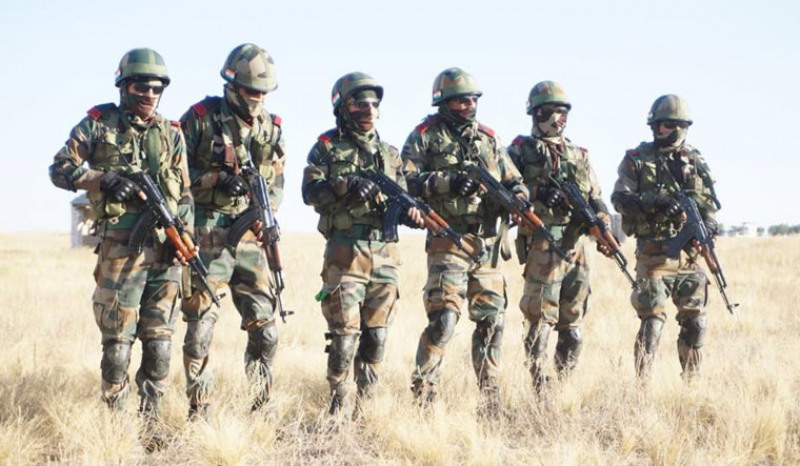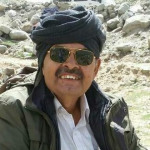There is a military adage: the first casualty after establishing contact with the enemy is the end of a battle plan. It has been observed and experienced by militaries all over the world that the moment the exchange of fire begins, their battle plan goes for a toss. Battles are very dynamic and unpredictable in nature. However, this particular operation was an exception. Nothing unexpected took place.
The teams infiltrated without getting detected. Each team launched an assault on the designated target at a pre-decided time. The senior brass was keenly listening to radio intercepts because alerting higher-ups and looking after the arrival of reinforcements was a worrisome thing. Seniors were to judge the situation to decide whether our Special Forces needed to be extricated. The plans were ready for this.
But indeed, the idea of ‘surprise followed by speed and ferocity’ had worked beautifully. There was very little communication with the higher-ups. The battle plan had worked. It is said that each target was annihilated in about 25 to 30 minutes. In fact, for one target, the assault teams went so unchallenged that they had to be ordered back!
Each team, after completing its task conveyed the message to that effect to the base, who in turn initiated a massive fire assault on nearby Pakistani posts. This gave an opportunity to our men to slip off while the Pakistanis were busy defending themselves.
The regiments who had suffered losses at Uri were put at the forefront of fire assault on Pakistani posts. This was quite a chance for them to salvage their pride.
Despite operating against such an experienced and professional army in a difficult terrain, our people came back without a single casualty. This operation will certainly be remembered as one of the highlights of the Indian Army.
When our boys returned to base, the soldiers among them were allowed to go to their barracks but the officers were airlifted to Corps headquarters for debriefing immediately. The overjoyed Corps Commander welcomed each officer by pouring the choicest Scotch Whiskey not into glasses, but directly into their mouths!
They had barely completed the debriefing when they heard a helicopter landing. This was arranged to take the officers to Northern Command headquarters for debriefing. There too, the Northern Army Commander was waiting to pour Scotch into mouths of his brave, capable juniors who had made military history.
‘Haven’t had a morsel of food for about 36 hours but nobody is giving me food on returning – they are only pouring Scotch Whiskey in my mouth!’ an officer even said.
Military victories often have a bitter aftertaste – of the memories of wounded and fallen comrades. But this one was indeed different. The only bitter aftertaste it left was that of Scotch whiskey!

Surgical Strike: Part Three
Dr. Shreeprasad Sidhaye
17 Dec 2018
A+ A-

Dr. Shreeprasad Sidhaye
Did my MBBS from M R Medical College, Gulbarga. Started private practice in Baramati in 1987. Working as a Medical Advisor to five industries in Baramati. Military history of India and tourism are my extracurricular interests.
